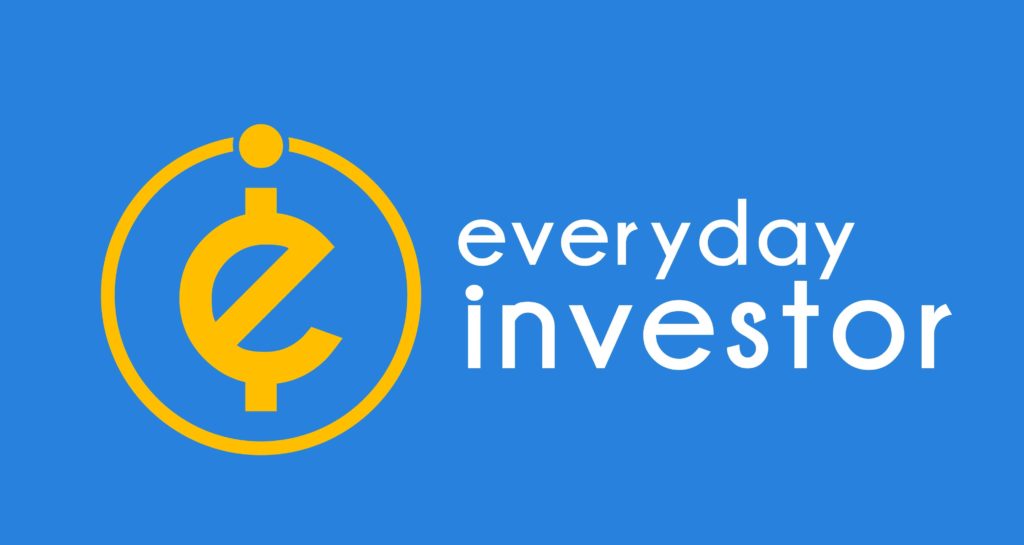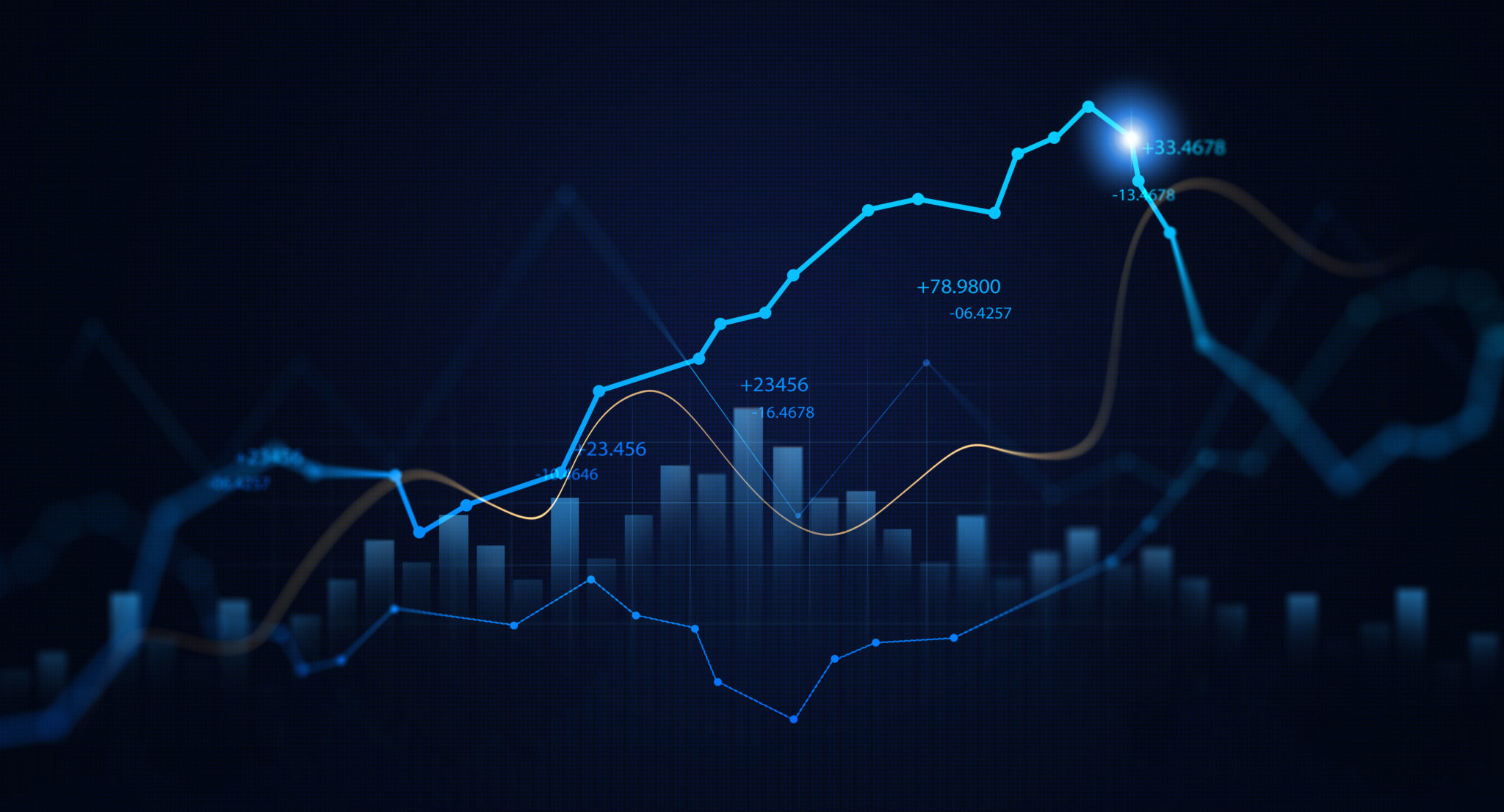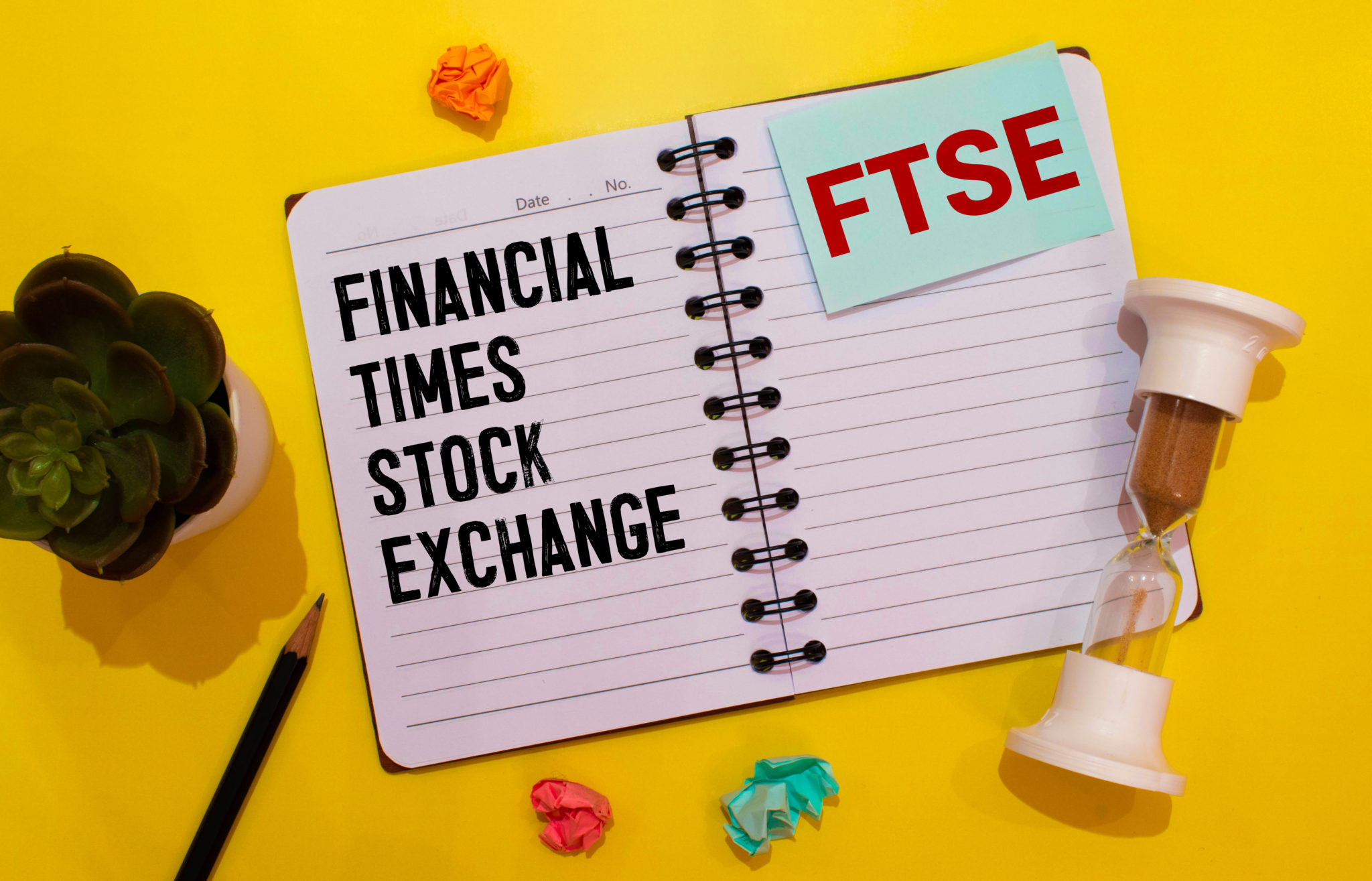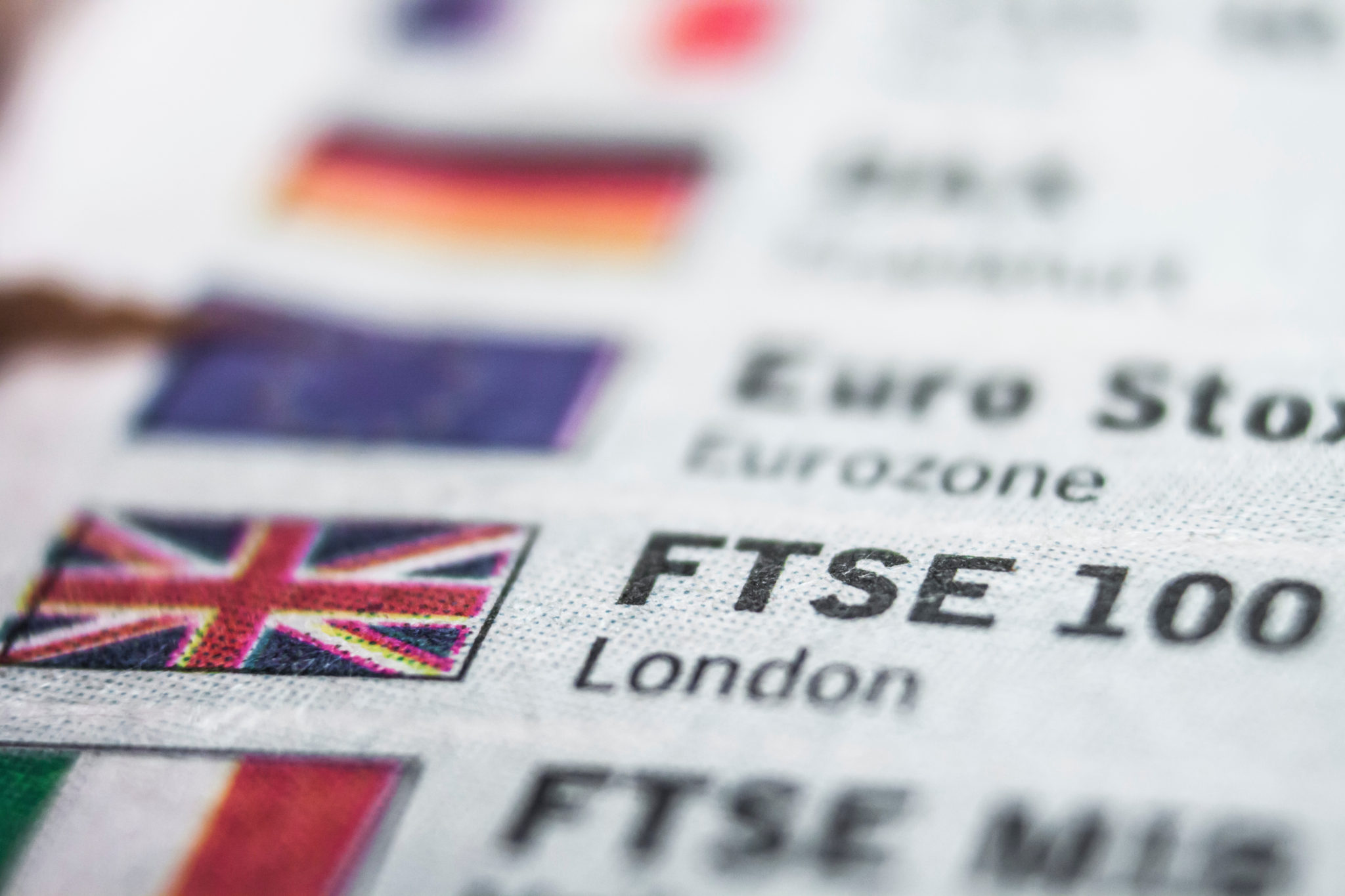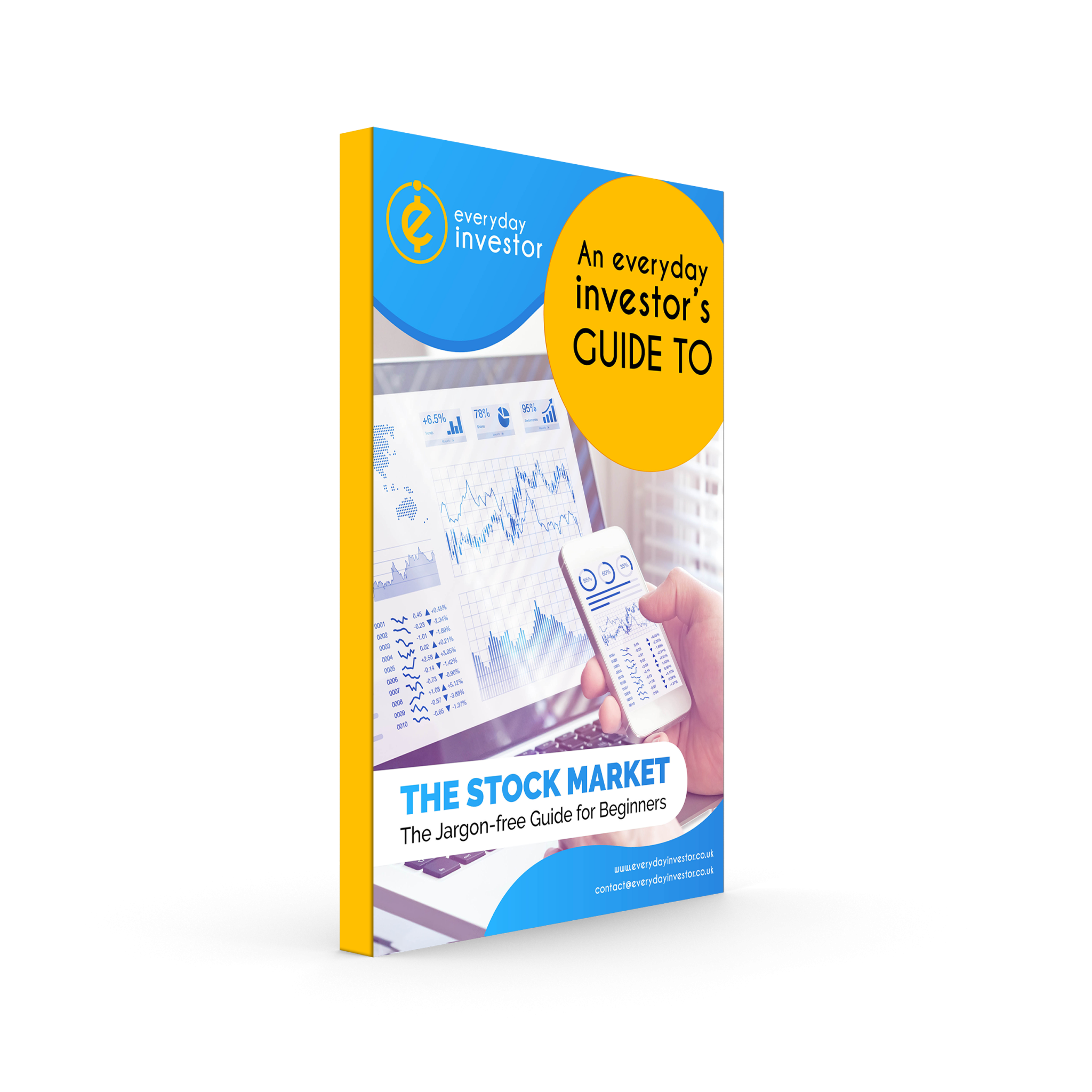Being a stock market beginner is not easy. When it comes to the stock market there are many potential pitfalls. Legendary investor Warren Buffett says it is good to learn from your mistakes (and Buffett has admitted to his). However, Buffett also says it is better to learn from other people’s mistakes.
In particular there are two common ways stock market beginners often waste money. Both are related to the fees that share dealing platforms charge.
1. Not taking into account transaction fees
Understand the different fee structures
Before taking any decision to purchase a particular share or fund it is essential that you understand the fees involved. Different dealing platforms operate different fee structures. Make sure you read and fully understand applicable fees before carrying out a transaction. This is important for any investor but particularly stock market beginners.
Firstly, you need to understand the transaction cost of buying the share/fund. It may differ depending on whether it is a share or a fund. For example, one particular provider charges a fee of £11.95 per transaction for shares. However, they charge no transaction fee for funds. Some providers also reduce transaction fees the more you trade.
Factor in the transaction cost
Taking this into account, it is vital when working out the overall cost of making an investment that you not only consider the share price/fund price. You must also consider the amount you are investing and the cost of carrying out the transaction.
Many people do this quite comfortably. Generally, when you initiate the transaction to buy the share/fund the provider will state what the fees are at the same time. This forces you into understanding the fees.
Don’t forget the transaction cost of selling
However, what many stock market beginners forget to do is also factor in the transaction cost of selling the share/fund. It is very easy to simply focus on the share/fund price and evaluate how much the price could rise during the period you are looking to invest over. Then take that as the potential profit.
The important thing to remember is that when you come to sell the share/fund you are likely to need to pay a second fee as it is a separate transaction. Again, the value of the fee will vary by provider. Some also charge different amounts to shares than they do to funds.
So, what you need to do is make sure you factor in both the initial transaction fee and the transaction fee you would need to pay when selling the share/fund into your investment decision.
2. Not looking at on-going charges
Understand the potential on-going charges
Another mistake stock market beginners often make is to not understand the on-going charges that their investment will be subject to. This point is particularly important to those investing in funds. That being said, it is not entirely irrelevant to people investing in shares but we will come back to that shortly.
When investing money into a fund there will be a variety of charges to watch out for. We have already discussed the transaction fee for buying and selling the fund. However, funds will typically be subject to on-going charges based on a percentage of your investment. When buying into a fund you will typically see this charge represented as an annual percentage figure.
Tracker fund vs. managed fund
The percentage charge will vary from fund to fund. At a basic level there are two types of fund. First you have tracker funds (also known as index or passive funds). These will be linked to a particular index such as a FTSE index. Then you have managed funds, where the investment is actively managed by a fund manager who is trying to beat the market.
Typically, tracker funds attract lower on-going charges because they don’t have the overhead of the fund manager and team.
The average on-going annual charge for a tracker fund tends to be 0.1%-0.2% whilst for a managed fund it is likely to be closer to 0.75%-1%%. However, these charges can vary significantly from fund-to-fund.
Stock market beginners – don’t just look at performance
When looking for an investment it is very easy to get drawn into just comparing the historic performance of the fund. Particularly if you are a stock market beginner. However, in order to fully assess the investment, it is essential to also consider the fees.
For example, you may be looking at two different funds – fund A and fund B. Let’s say fund A has performed slightly better historically than fund B has. However, the on-going annual charge for fund A is double that of fund B. The effect of this may actually make it more attractive to invest in fund A. You should therefore ensure you examine both the potential return over the period you are looking to invest and the fees that will be charged against your investment.
Some share dealing providers themselves may also charge an on-going percentage fee for the privilege of holding your investment. This could apply to shares or funds (or both), depending on the provider. Providers will usually have a fees page on their website so make sure you study this before making any decision.
Key takeaway for stock market beginners
There we have it – two traps for beginners to watch out for when it comes to fees. Always ensure you fully understand all the applicable fees that will be incurred over the entire duration of the investment.
As Buffett says, learn from the mistakes of others to avoid making the same ones yourself.
If you’re keen to learn more make sure you check out the rest of our website or grab a copy of our free Beginner’s Guide to Investing in the Stock Market.
All our content is provided for educational purposes only, to help you make your own decisions. We don’t provide personalised advice and therefore our content should not be considered an invitation, inducement or recommendation to engage in any particular investment activity. Please review our disclaimer and website terms for full details.
